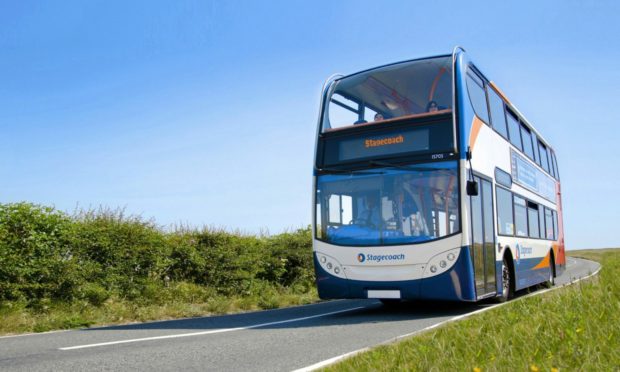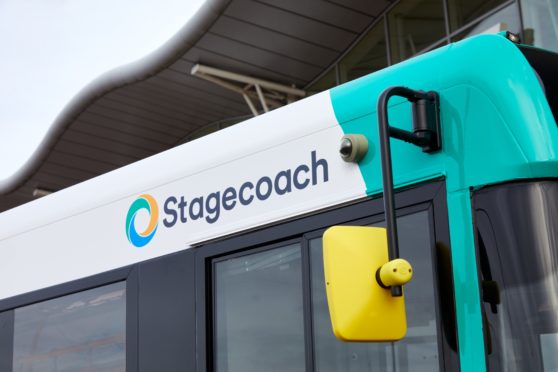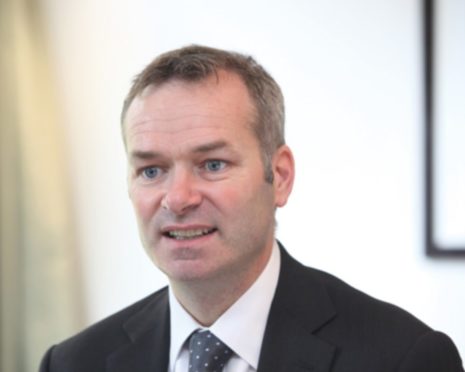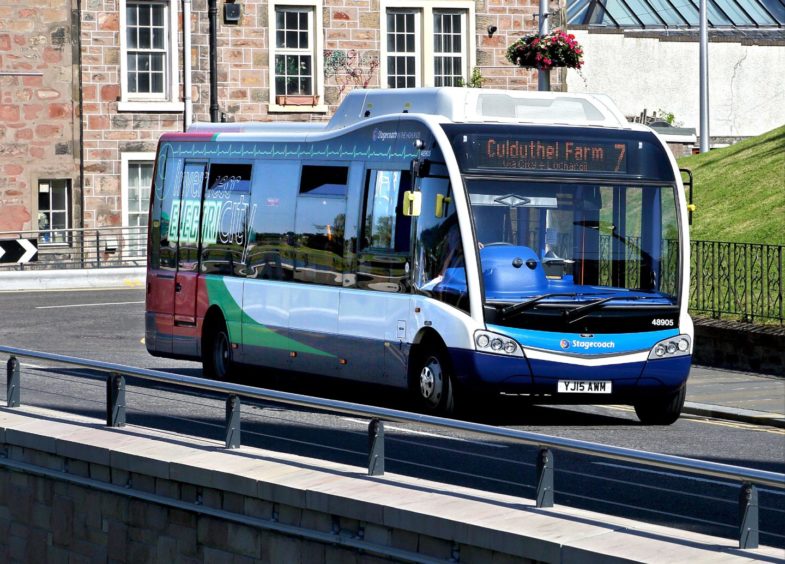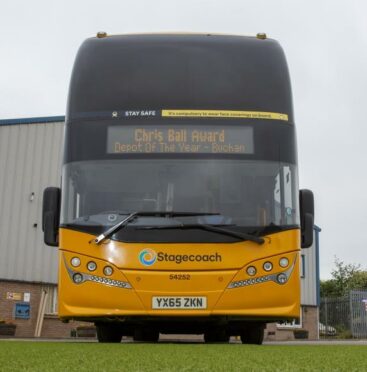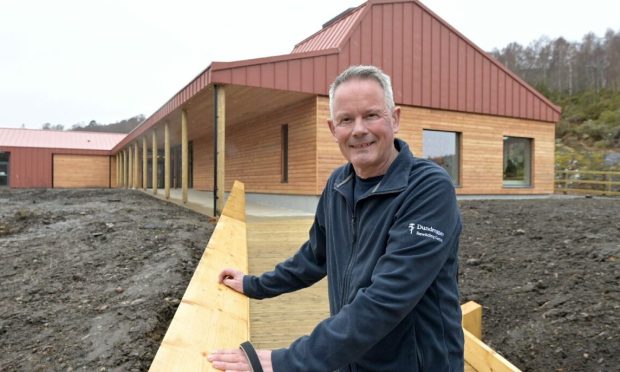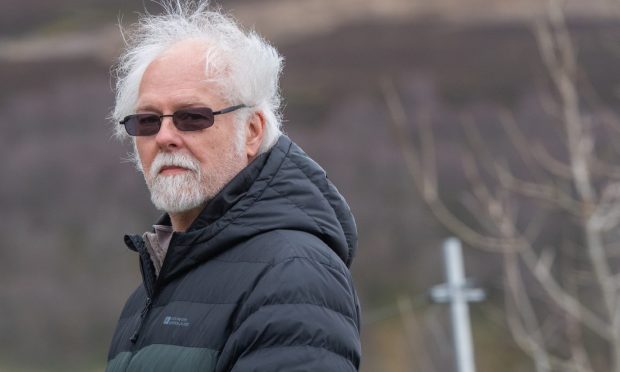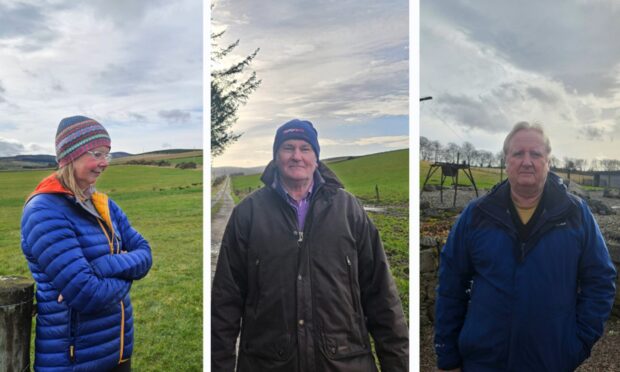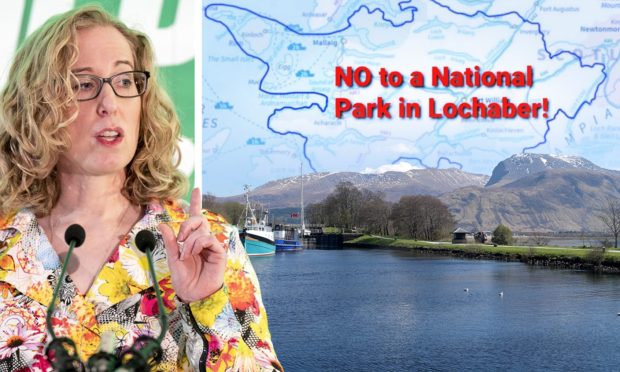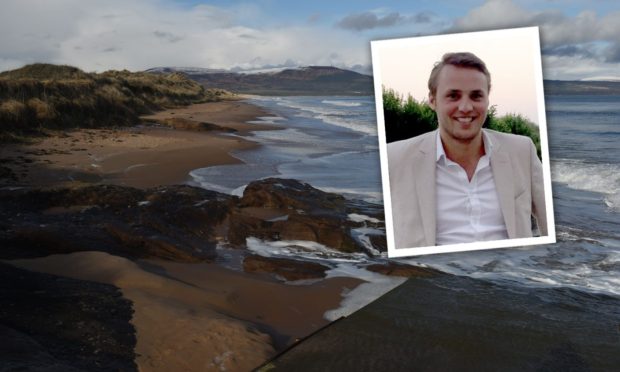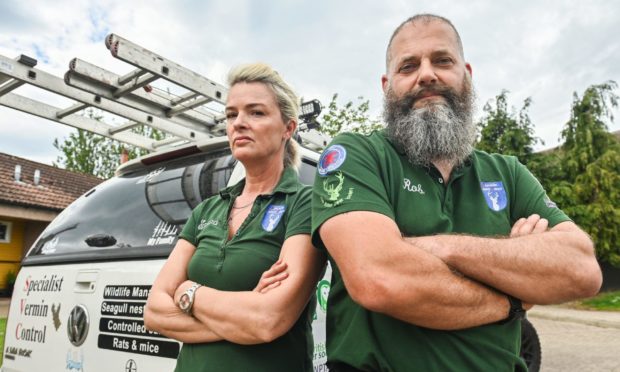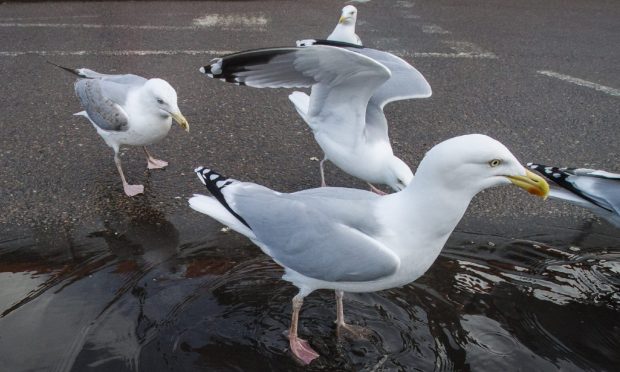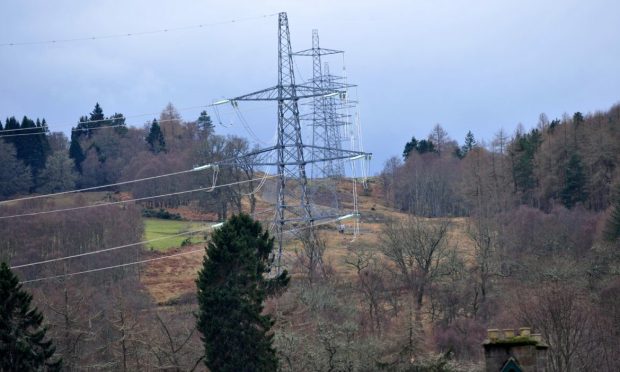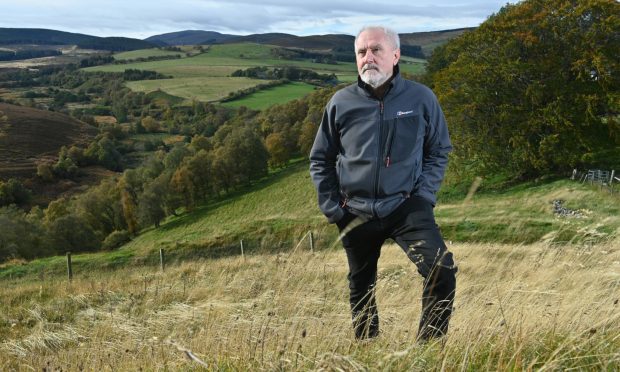Scottish transport firm Stagecoach Group accused politicians of delivering contradictory policies and mixed messages over climate change as it unveiled a new “sustainability strategy”.
The Perth-based company said it would strive to “help transform society for the better” but warned the UK’s net-zero ambitions will require “radical behaviour change” and incentives to “reward the right choices”.
Stagecoach added its new sustainability blueprint aimed to leverage the “power of public transport” to create better places to live and work.
Stagecoach is a force for good and our strategy starts with what we can do in our own business to help transform society for the better.”
Martin Griffiths, CEO, Stagecoach
The firm’s roadmap to becoming a carbon-neutral business by 2050 includes a target of decarbonising operations by around 70% by 2035, following a 14% reduction between 2014 and 2019, as well as initiatives to reduce waste, conserve water and minimise energy use.
Meanwhile, the firm aims to have at least two in five senior management posts filled by women and one-quarter of its whole workforce from ethnically diverse backgrounds by 2026.
In addition, a new “give back” programme will see 0.5% of pre-tax profits going to charity and community causes.
Martin Griffiths, the group’s chief executive, said: “Stagecoach is a force for good and our strategy starts with what we can do in our own business to help transform society for the better. But we also need to make changes individually and work together to achieve our goals.
“The country will not deliver on its ambitions by grand strategies or technology change alone. We need radical behaviour change and incentives to reward the right choices to make net-zero a reality. We need to be more honest about the scale of the challenge and the changes we will need to make to how we live now.”
He added: “Governments need to get real and stop cherry-picking the easy wins. We urgently need practical changes by national and regional government to address contradictory policies and mixed messaging currently being sent to citizens.
“We need an end to the ludicrous situation where some clean air zone plans effectively tax bus passengers making a sustainable choice but do nothing to address diesel cars contributing to the deaths of tens of thousands of people in our communities every year.
“Our current tax system and approach to road management puts cars first and is directly resulting in higher fares for people doing the right thing and choosing greener bus travel.”
We need the support of government, our customers, our employees, our supply chain partners and a green recovery from the Covid-19 pandemic to fuel the investment needed to make real change a reality.”
Mr Griffiths said the biggest opportunity to address climate change and protect communities from extreme weather, poor air quality and road traffic gridlock “strangling” the economy was not from electrifying Britain’s transport system.
He added: “It is from incentivising the country to switch from cars to greener and healthier public transport and active travel.”
Stagecoach’s strategy – Driving Net Zero: Better Places to Live and Work – aims to help create a “greener, smarter, safer, healthier and fairer country”.
It will see investment in new zero-emissions fleets and other green technologies over the next 15 years to “reduce the impact of the company’s operations on the planet”.
FTSE-listed Stagecoach said its ambition was to “go further and faster” as Glasgow gets ready to host the COP26 UN Climate Change Conference in November.
The company also revealed its intention to sign up to the global Race to Zero campaign, adding it had already started working towards setting science-based targets that were consistent with the 2015 Paris Agreement to limit global warming to 1.5°C by 2050.
Its phased plan to fully decarbonise operations will see a switch away from clean diesel power, which already has 95% fewer pollutants than standard diesel vehicles, to zero-carbon technologies, including electric and hydrogen.
Mr Griffiths said: “This is far more than a climate change strategy. It is a plan to deliver better places to live and work in the towns and cities we are proud to serve across the country.
Call for ‘grown-up’ conversation
“We need the support of government, our customers, our employees, our supply chain partners and a green recovery from the Covid-19 pandemic to fuel the investment needed to make real change a reality.”
Stagecoach has invested £1 billion in 7,000 new greener vehicles in the past decade, including one of the biggest orders of e-buses in Europe.
Last year, as part of a six-point plan to recover from the Covid-19 crisis, the company called for a “grown-up conversation” to re-examine fiscal policy and introduce a “polluter pays” principle as the government considers how to pay for the pandemic.
Aberdeen bus firm bosses press for immediate return to Union Street
